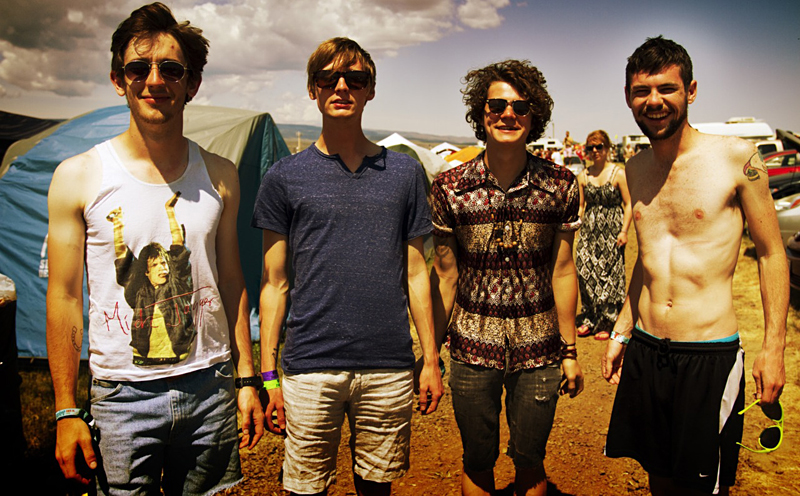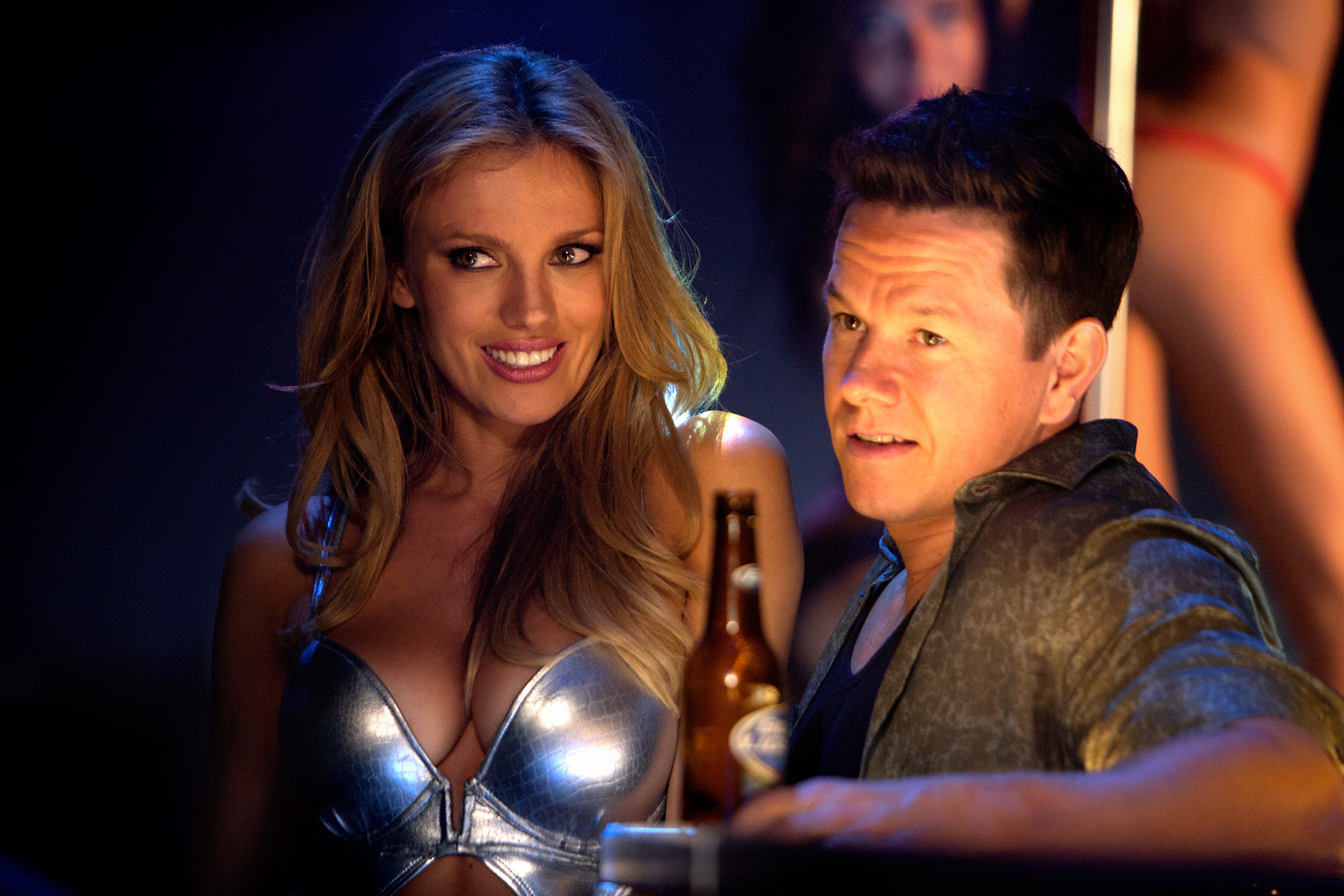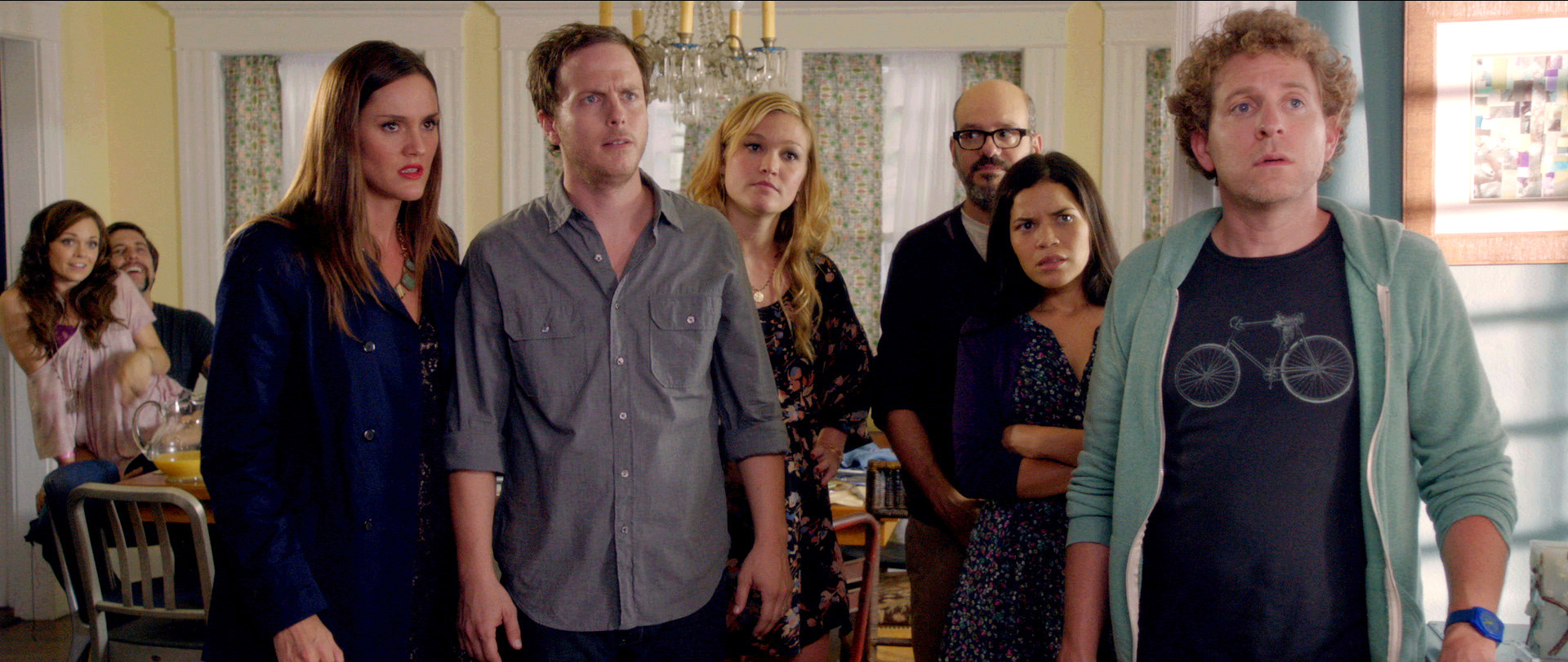The Situation I’m spending a recent Friday evening with three-fourths of the tribal-pop band Kithkin—Alex Barr, Bob Martin, and Kelton Sears, all seniors at Seattle University—who’ve walked down from their Central District house to meet me at Bush Garden in the International District. Over green tea and sushi, they’re telling me about a “drummage” sale they just attended at the Drum Exchange, where they spent $200 on various percussion instruments.
“All of [our] songs are structured around drums and rhythm,” says Sears. “All of my favorite music comes from Africa, and all of it’s about cool polyrhythms and cool, chanty, back-and-forth stuff. We dug that, and we were like, ‘Let’s channel that through pop music.’ “
How They Got Here Kithkin likes to take band walks through the woods, what they call “nature-y journeys,” for songwriting inspiration. Sears says that when he saw the fantasy anime movie Princess Mononoke, about a young girl who lives among wolves and forest spirits, he wanted to write music that could soundtrack that film. “The woods can be a beautiful thing, but it can also be a spooky, creepy thing, which we dig,” he says.
Kithkin really loves fantasy—everyone in the band plays Dungeons & Dragons, except for Barr, who plays Magic: The Gathering. Sears tells me that “Kithkin” is actually a character from a Magic card, and when I laugh, he says earnestly, “It is, for real. I kid you not. It also means ‘friends and family,’ but it’s mostly from Magic.”
Shop Talk In January, Kithkin released their first recording, an EP called Takers & Leavers, and just days before our meeting they premiered a brand-new song, a clanking, portentous track called “Peacock.” I ask if they know that there’s a Katy Perry song called “Peacock.” “There is, and it’s about penises,” says Sears, accurately. “I kind of dig that song.” He clarifies, though, that their song doesn’t pertain to the same subject matter.
BTW: Kithkin’s obsession with fantasy elements is reflected in their lyrics. One track, “Asunder,” tells the story of a village boy possessed by an evil spirit; when a benevolent tree spirit fails to help him, he’s ripped apart by his neighbors. But it all comes back to real life, says Sears—”You kind of have to get ripped apart to grow up.” He says he hopes they won’t grow out of their fantasy phrase.
“I think it’ll adapt,” says Martin.
“Maybe it won’t be so creature-y heavy,” says Sears. “[But] I like it when songwriters create their own little universes.”









